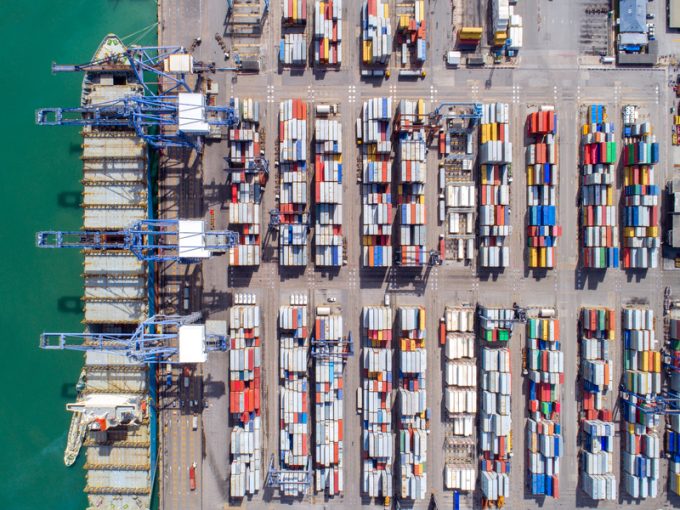De minimis change would be 'no bad thing' for logistics operators
Logistics suppliers appear increasingly unfazed by the chaos emanating out of the White House and ...

Container spot rates from Asia to Europe remained stable this week and, having withdrawn around a third of headhaul capacity for April, carriers will hope they have done enough to match the collapse in demand.
This week’s Shanghai Containerized Freight Index (SCFI) component for North Europe ticked down by 1.8% to $750 per teu, which is 14% higher than the same week of last year.
Then the price of traditional heavy fuel oil (HFO) was around $400 per ton – about 50% ...
Transpacific sees first major MSC blanks as rates fall and volumes falter
'It’s healthy competition' Maersk tells forwarders bidding for same business
White House confirms automotive tariffs – 'a disaster for the industry'
New price hikes may slow ocean spot rate slide – but for how long?
Shippers snap up airfreight capacity to US ahead of tariff deadline
Supply chain delays expected after earthquake hits Myanmar
Tighter EU import requirements proving 'a challenge' for forwarders

Comment on this article